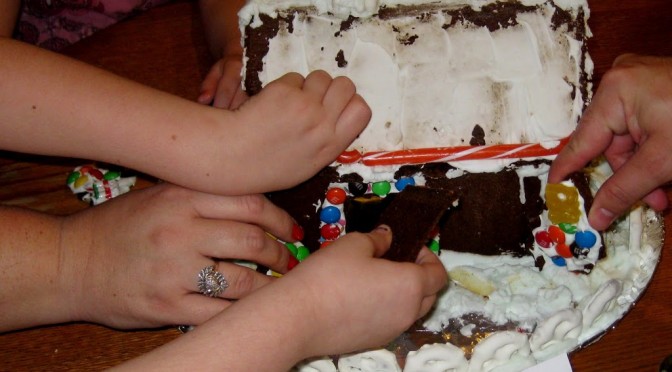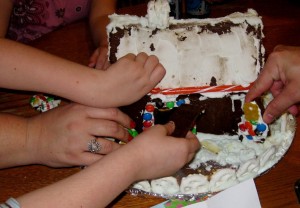Note: My comments are in red.
Obtaining Identifying Information:
An adopted adult age 21 or older or a birth parent can provide a notarized statement granting consent or withholding consent to the release of information. If consent is given, then the information will be given to the requesting party. This is actually pretty straightforward. If both parties–adoptee and birthparent understand the system and provide the notarized statements, they should be able to find one another! Any party may try to obtain identifying information by petitioning the court for compelling need.
Using a Confidential Intermediary:
The following parties may use the services of a confidential intermediary:
- birth siblings age 21 or older;
- adoptive parents or legal guardians of adopted adults age 18 or older;
- adopted adults age 21 or older;
- the immediate, adult relatives (age 21 or older) of a deceased adopted adult;
- birth parents; or
- birth grandparents if birth parents are deceased.
- Wow–that’s a pretty inclusive list.
A confidential intermediary must obtain written consent from both parties before releasing information. Adoptive parents may file an affidavit that prohibits the confidential intermediary from contacting the adopted adult unless the adoptive parents remove the affidavit or the adopted adult files an affidavit stating that he or she knows he or she is adopted and wishes to make contact with the birth parents. Holy shit–no matter how old the adoptee is? Birth parents can file an affidavit prohibiting contact with birth siblings.
Contact:
Arizona Confidential Intermediary Program
Arizona Supreme Court
Attn: Torin Scott
1501 W. Washington
Phoenix AZ 85007
(602) 542-9586 or (602) 542-9580
cip@supreme.sp.state.az.us
http://www.supreme.state.az.us/cip/
Providing Information:
Supplemental information may be placed in the file by any of the following parties: birth parents, adopted adult, adoptive parents, or family of the adopted adult. This is cool–so for example, let’s say you had some compelling reason against reunion (rare)–you could still add current medical information to the file.
Obtaining an Original Birth Certificate:
An adoptee must petition the court in which the adoption was finalized.










